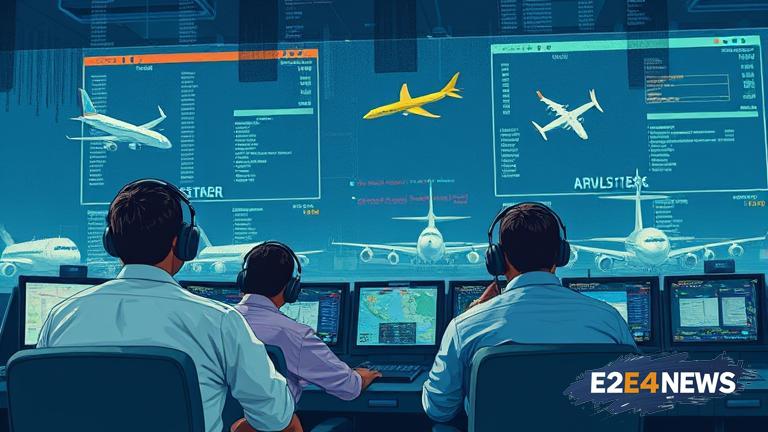A recent investigation has shed light on the stresses faced by air traffic controllers in Nashville, who are struggling to cope with the demands of their job. The controllers, who are responsible for ensuring the safe takeoff and landing of aircraft, are speaking out about the physical and mental toll of their workload. Many are experiencing fatigue and burnout, which can have serious consequences for their health and the safety of air travel. The root of the problem lies in staffing shortages and heavy workloads, which are leaving controllers feeling overwhelmed and undervalued. Despite their crucial role in the aviation industry, controllers are often working long hours without adequate breaks, leading to exhaustion and decreased productivity. The situation is further exacerbated by the lack of support from management and the Federal Aviation Administration (FAA), which is failing to provide adequate resources and training to help controllers manage their workload. As a result, many controllers are feeling frustrated, demotivated, and unsure about their future in the profession. The investigation has also revealed that the Nashville tower is one of the busiest in the country, handling over 200,000 flights per year. This high volume of air traffic, combined with the complexity of the job, is taking a significant toll on controllers. Furthermore, the FAA’s own data shows that the number of air traffic controllers is decreasing, while the number of flights is increasing, creating a perfect storm of stress and pressure. The controllers are calling for urgent action to address the staffing shortages and workload issues, including the hiring of more controllers and the implementation of more efficient systems and procedures. They are also seeking better support and resources to help them manage the physical and mental demands of their job. The situation is not unique to Nashville, with air traffic controllers across the country facing similar challenges. The investigation has sparked concerns about the safety of air travel and the need for the FAA to take immediate action to address the issues. The controllers are warning that if the situation is not addressed, it could have serious consequences for the safety of passengers and the future of the aviation industry. In addition, the investigation has highlighted the need for greater transparency and accountability within the FAA, as well as more effective communication between management and controllers. Ultimately, the well-being and safety of air traffic controllers is crucial to the safe operation of air travel, and it is essential that their concerns are heard and addressed.
